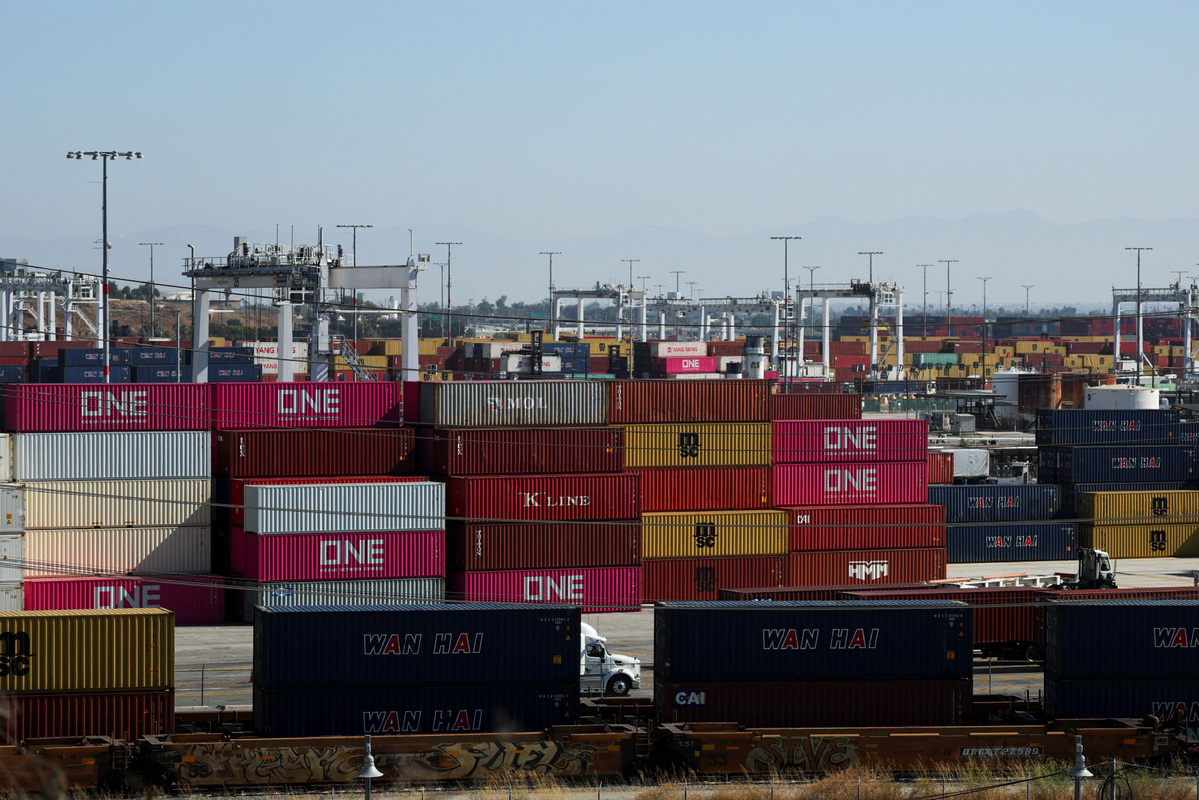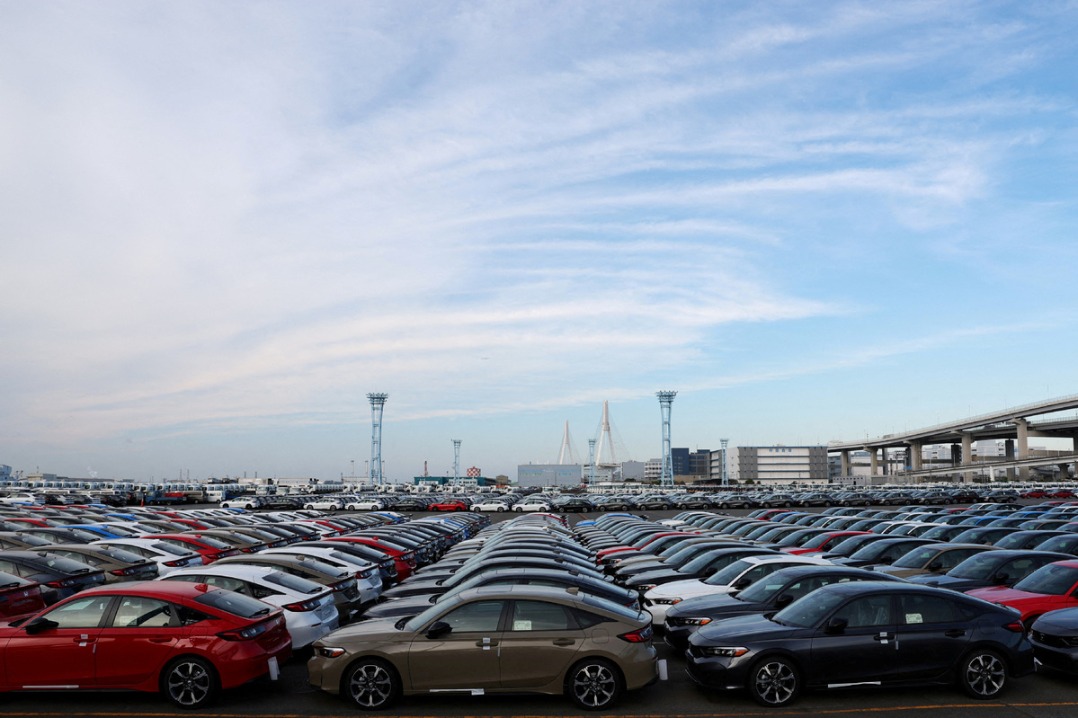US trade gap widens as tariffs drive stockpiling


The US trade deficit widened in July to a four-month high as companies raced to import goods and materials before US President Donald Trump unveiled new tariffs on global trading partners, local media reported on Thursday.
The US Commerce Department released a report on Thursday showing that the US trade deficit enlarged to $78.3 billion in July, higher than economists' forecast of $77.9 billion.
A sharp increase in non-monetary gold shipments, partly in anticipation of new tariffs, has also contributed to the overall rise in imports.
"While imports bounced back in July, more than half of the increase was due to gold as trade policy and safe-haven demand brought about a resurgence in trade", said Matthew Martin, senior economist at Oxford Economics, in a statement.
Analysts at Pantheon Macroeconomics expected a growing trade gap in connection with "another wave of pre-tariff stockpiling," they said in a recent report.
The latest figures showed that many US businesses rushed to bring goods into the country in July to get ahead of the tariffs that kicked in early in August, leading to a surge in imports.
Most of the global tariff rates issued on Aug 7 range from 10 to 41 percent, The Budget Lab at Yale found. China's goods are subject to a 30 percent tariff.
In June, the US trade deficit with China decreased to its lowest level in 21 years, as the impact of tariffs led to a sharp decline in imports of consumer goods that month.
Overall, the US trade deficit narrowed to $60.2 billion in June, the lowest since September 2023, according to the Department of Commerce. A trade deficit occurs when the value of a country's imports exceeds the value of its exports, resulting in a negative balance of trade.
Since returning to the office for his second term, Trump has said his tariffs are, in part, aimed at reducing the US trade deficit with key trading partners. Trump used the International Emergency Economic Powers Act to issue the levies, as the law gives a president the ability to act against "unusual and extraordinary" threats.
However, the administration currently faces a series of challenges over the legality of its use of tariffs.
The US Court of Appeals for the Federal Circuit in Washington, DC, ruled that the reciprocal tariffs on China, Mexico, Canada and other countries were illegal. On Aug 29, the court voted 7-4 that Trump's key economic policy was not permitted under the emergency economic powers, branding them "invalid as contrary to law".
Trump blasted the ruling in a post on Truth Social, saying: "If allowed to stand, this decision would literally destroy the United States of America."
Mark Zandi, chief economist for Moody's Analytics, predicted that this year the US trade deficit will likely be as large as in 2024.
"There is no indication, at least not yet, that the higher US tariffs will result in a meaningfully lower US trade deficit," Zandi told The New York Times.
Xinhua and agencies contributed to this story.
belindarobinson@chinadailyusa.com

































